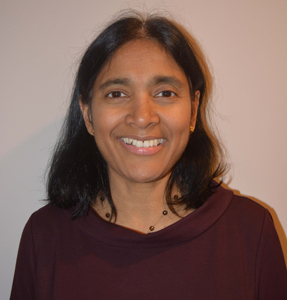Program Information
Evaluating Benefits and Challenges of Multi-Modality Co-Registration

S Benedict
S Vedam
J Cai
K Wijesooriya
M Murphy
S Benedict1*, S Vedam2*, J Cai3*, K Wijesooriya4*, M Murphy5*, (1) UC Davis Cancer Center, Sacramento, CA, (2) UT MD Anderson Cancer Center, Houston, TX, (3) Duke University Medical Center, Durham, NC, (4) University of Virginia Health Systems, Charlottesville, VA, (5) Virginia Commonwealth University, Richmond, VA
TU-C-500-1 Tuesday 10:30AM - 12:30PM Room: 500 BallroomMulti-imaging modalities has afforded tremendous treatment planning opportunities to better define and delineate tumor volumes, and effectively apply highly conformal targeted therapy techniques such as IMRT and SBRT. With 4D CT imaging providing motion specifc information, PET yielding tumor molecular physiologic imaging, and MRI enhanced soft tissue diffentiation, these multi-imaging modalities can introduce a comprehensive image of the planned target volumes. However, each of these technological innovations come with limitations specific to each image acquisition modality, and importing these various imaging studies into the planning system requires the employment of image registration tools, and in some case non-rigid, deformation image registration, in order to successfully delineate tumor and target volumes for planning. This session will present strategies for management of tumor delineation using multi imaging modalities safely and effectively, including an overview of the benefits and pitfalls of tumor volume delineation using 4D CT, PET, MRI, and the various tools of deformation image registration.
Contact Email:





